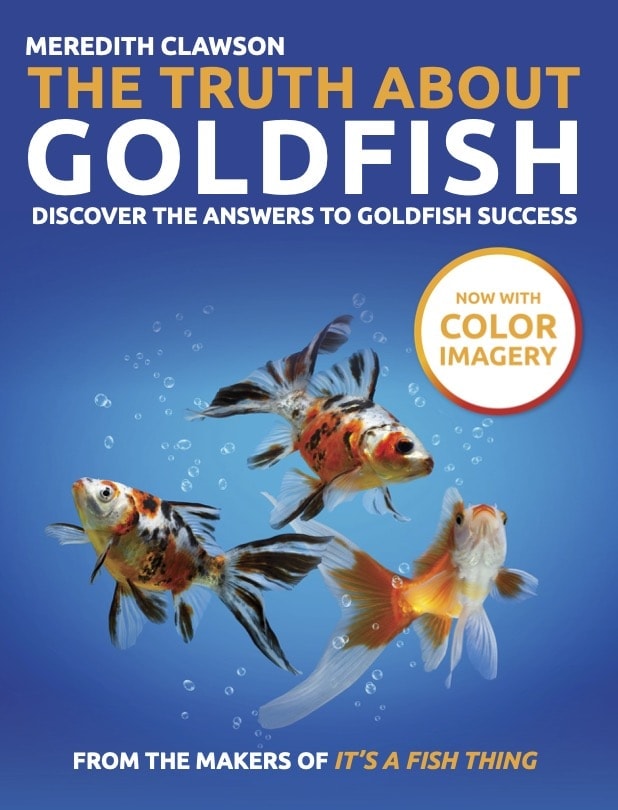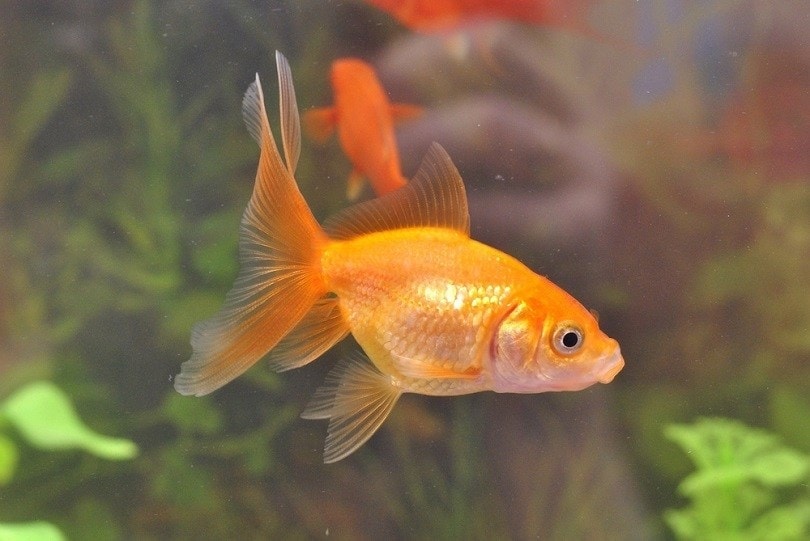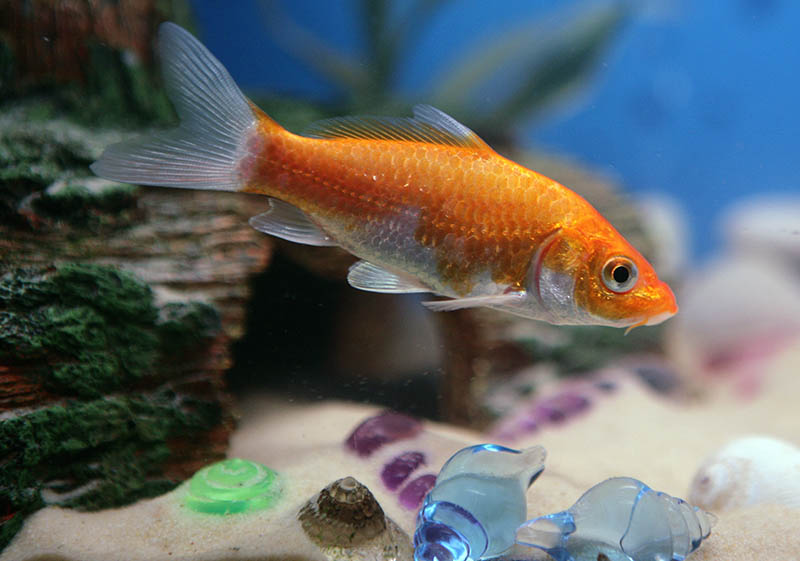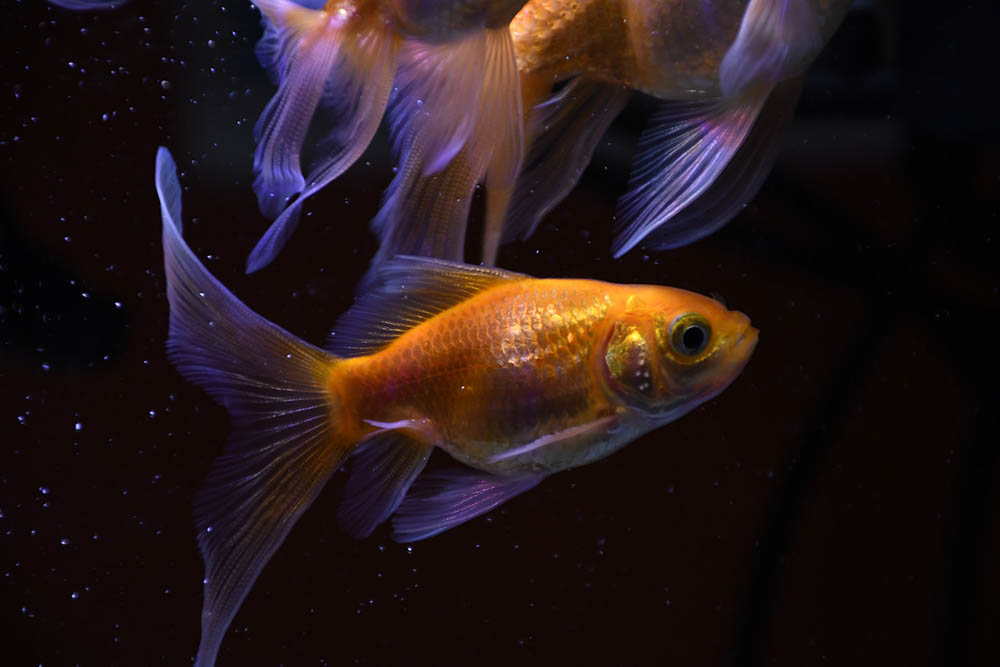Can Goldfish Live in Tap Water? Vet-Reviewed Health Risks & FAQ

Updated on
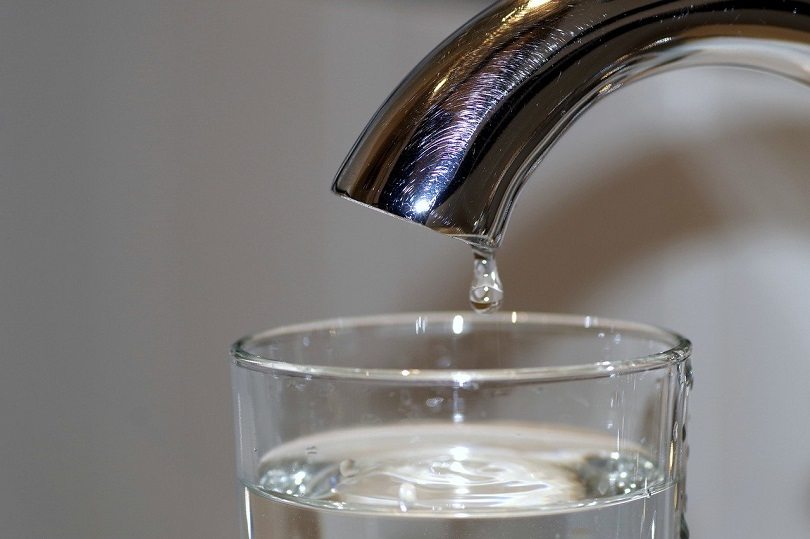
Goldfish are small, interesting pets. With the correct setup, they’re incredibly easy to care for, making them great for first-time pet owners.
So, what should you do when you get your new goldfish home? Is it safe to fill up their aquarium with tap water? The short answer is no, untreated tap water can actually kill your new goldfish! Let’s take a closer look at the detriments of tap water and look for a feasible solution.
Toxic Chemicals in Tap Water
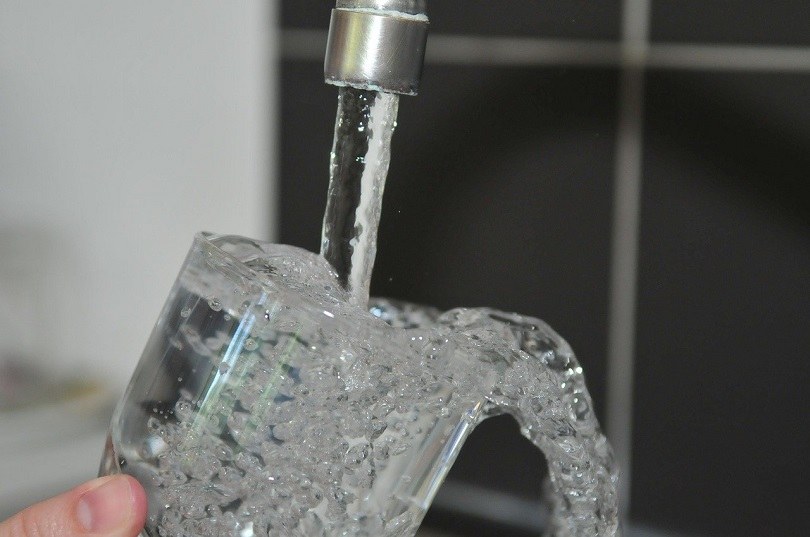
Tap water undergoes a rigorous treatment process to ensure it’s safe for people to drink. Granted, some places have far better water to begin with, and some places have superior treatment processes. Still, almost all tap water is being treated, and it’s this treatment that causes the problems for your goldfish.
During the treatment process, water is subjected to many different chemicals that are designed to remove harmful contaminants. While these are considered safe for humans, for the most part, they’re not always safe for goldfish.
Chlorine
Chlorine is one of the most common chemicals used for treating tap water. You’ll find it in high amounts in tap water everywhere. You can even smell the chlorine in some tap water! It’s great for killing off detrimental bacteria so that we can safely drink the water. But chlorine is deadly for a goldfish. It can damage their gills, cause breathing problems, and will even kill the fish with prolonged exposure.
Chloramine
Chloramine is a chemical that’s quite similar to chlorine and many treatment facilities use it instead. Unfortunately, it has essentially the same effects on your goldfish as chlorine. Exposure to chloramine can ruin your fish’s gills and prevent them from breathing properly, eventually, resulting in death.
Heavy Metals
You might be surprised to find out that your tap water is actually infested with heavy metals. You’ll find metals like cadmium, zinc, and mercury in tap water everywhere. In some places, you’ll even find copper and lead. These metals aren’t good for us, let alone a tiny goldfish. They’ll weaken your fish’s immune system, causing high levels of stress that are detrimental to your fish’s health.
Ammonia
Goldfish excrete ammonia. If the concentration of ammonia in your fish tank is higher than what your goldfish can tolerate, they will suffer from ammonia poisoning. This is avoided by establishing a colony of healthy nitrifying bacteria in your tank’s filter, which eliminates the ammonia by converting it into nitrite (also toxic for fish) and then nitrate (much safer for fish). Aquarium plants also consume all nitrogen based compounds (including ammonia, nitrite, and nitrates) as fertilizer. However, they’re usually not compatible with goldfish, as goldfish readily eat most plants and uproot seedlings as they forage for food.
Tap water may contain trace amounts of ammonia as well. Natural levels in groundwater are usually below 0.2 milligrams (mg) per liter. Tap water that has been contaminated (usually with fecal water) may have high levels of ammonia, which can harm your fish. Such water is also very dangerous for human consumption, as ammonia may react with the chlorine added to the water and there may not be enough chlorine left to disinfect other contaminants from the water source.
Safe Water for Your Goldfish
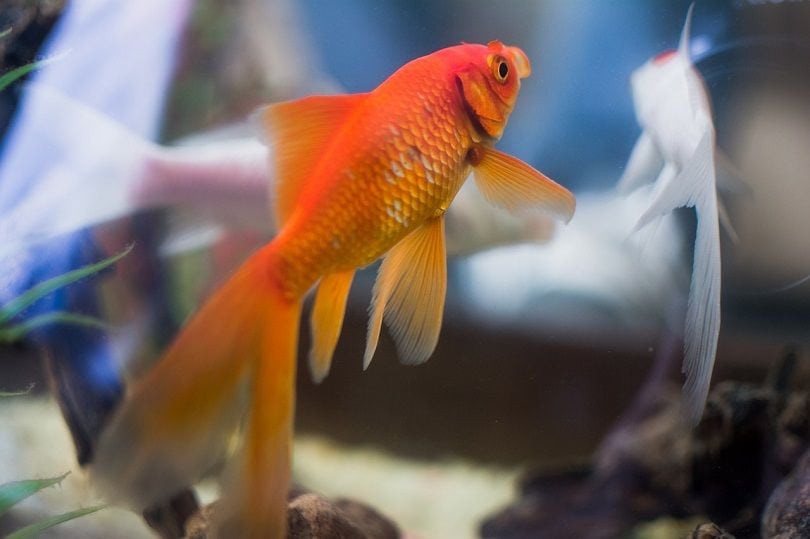
So, if you can’t put your goldfish in tap water, what water can you use?
Basically, you have two options. You can get pre-conditioned water or you can condition the water yourself.
If you need help getting the water quality in your aquarium just right for your goldfish family, or just want to learn more on the subject (and more!), we recommend that you check out our best-selling book, The Truth About Goldfish.
It covers everything from water conditioners to nitrates/nitrites to tank maintenance and full access to our essential fishkeeping medicine cabinet!
Pre-conditioned Water
You can purchase pre-conditioned water at many pet stores. It’s often called treated water. This water is ready to add to your fish tank and won’t require any additional steps. It’s completely safe for your goldfish but can become rather pricey since you’ll be replacing water in your aquarium often.
Water Conditioning
For a more affordable alternative, you can opt to condition the water yourself. In this case, you’d simply add conditioner to tap water. You can get concentrated bottles of water conditioner that treat thousands of gallons affordably. Find the best ones available this year here!
Can You Boil Tap Water for Goldfish?
If you were in a dire situation where the only water available was contaminated, you’d probably think to boil the water and make it safe to drink. The same thing should work for your goldfish too, right? Think again.
Boiling tap water does remove pathogens and many contaminants from the water, such as bacteria. However, that’s not what poses the biggest threat to your goldfish. The heavy metals, chlorine, and ammonia in tap water will not be removed by boiling it.
Another major risk with boiling water is that as water heats up, oxygen escapes from it. Your fish may suffer asphyxiation by being provided boiled water. Hypothetically, it also goes without saying that giving your fish boiling water without cooling it down (assuming you’re experimenting) will result in a dead fish. Your only option is to treat the water with a water conditioner instead.
Can You Leave The Water Sitting?
An old-school approach to treating water is by placing it in a container and leaving it overnight by simply letting it sit. This allows the chlorine to evaporate from the water. While this process does indeed make the water slightly safer for your fish by removing the chlorine, it doesn’t do anything to the chloramines and heavy metals found in the water. In addition, water left out might get contaminated by something else as well. Therefore, this practice is considered outdated and no longer practiced.
Can You Keep a Goldfish in Tap Water for the Short-Term?
The moment your goldfish is exposed to contaminated water, their gills will start to be affected. Those heavy metals and chemicals in tap water can cause severe damage quickly. Once your fish’s gills are damaged, you won’t be able to reverse it. Putting your goldfish in tap water will inevitably result in problems. The rate at which your fish deteriorates depends on the quality of your water itself. That being said, heavily treated tap water can be problematic for goldfish in as little as a few hours.
Final Thoughts
Goldfish are relatively easy to care for with the correct setup. But they’re not particularly hardy creatures. The wrong chemicals can easily damage a goldfish’s gills and cause immeasurable damage to their health. Unfortunately, those chemicals are common in tap water, so you’ll want to avoid ever putting your goldfish in tap water for any length of time.
Fortunately, advances in fishkeeping technology have introduced a plethora of affordable and easy-to-use water conditioners, which instantly render the water safe for your goldfish.
Featured image credit: Arcaion, Pixabay



